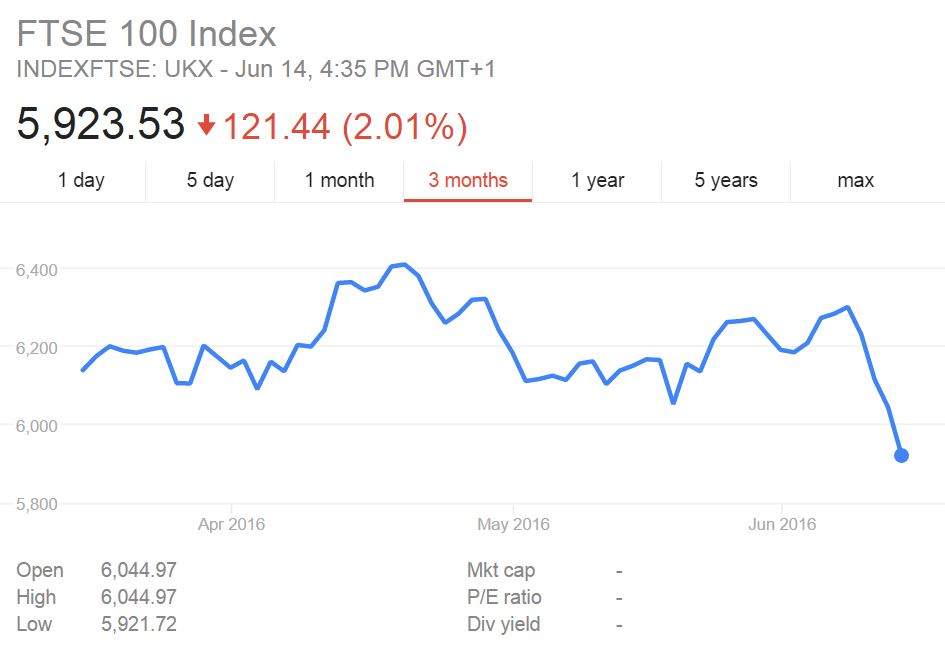 In recent years, we’ve become more and more reliant on professionals to teach us everything from how to renovate our homes to how we should save and spend our money. This is generally because we’re more aware of all the rules and regulations surrounding things we used to take for granted, such as building an extension on our house or starting up a website and using a name that is similar to a well-known brand. You might be accidentally treading on copyright infringement, you could be borderline plagiarising work, or you could be committing offences without knowing it.
In recent years, we’ve become more and more reliant on professionals to teach us everything from how to renovate our homes to how we should save and spend our money. This is generally because we’re more aware of all the rules and regulations surrounding things we used to take for granted, such as building an extension on our house or starting up a website and using a name that is similar to a well-known brand. You might be accidentally treading on copyright infringement, you could be borderline plagiarising work, or you could be committing offences without knowing it.
Unless we want a nasty surprise and a lawsuit on our hands, we need to seek professional advice to navigate the maze that is law. Unfortunately, this means that we have to spend extra money on hiring a professional for the sake of advice. Although it sounds expensive, think of it this way; you’re paying for someone to advise you on a subject that they have spent years learning about and studying. When you think of it that way, it’s invaluable advice that you won’t find anywhere else—or is it?
Only hire someone after due diligence
With the internet, we can find information on anything from raising a baby to mastering money. In addition to informative articles based on factual information, there are also thousands of blogs on the internet that share experiences with us. It could be someone who’s going through a nasty illness, someone who has been sued by a large corporation for silly reasons, or someone who’s just starting up their first business. These journal-like blogs are a dime a dozen but they all have one thing in common; they are genuine experiences with a lot of photographic proof and statistics.
With so much information available on the internet, you can learn a lot about any subject within a short amount of time. Some information, such as professional study courses, are locked behind payments or a subscription. However, even universities such as MIT make their lectures free, giving anyone and everyone access to quality information for the purpose of learning.
 In short, only hire someone if you really need to, like for professional financial advice where tax and investing goals require sophisticated planning and well-researched investment analysis. The last thing you want is to file professional negligence claims because the person you hired knows less than you do after a brief search on the internet. There are plenty of “professionals” who claim to know more than they do but all they’re after is your money. Not only can bad advice and poorly-executed jobs be dangerous, it’s also going to cost you money that they don’t deserve.
In short, only hire someone if you really need to, like for professional financial advice where tax and investing goals require sophisticated planning and well-researched investment analysis. The last thing you want is to file professional negligence claims because the person you hired knows less than you do after a brief search on the internet. There are plenty of “professionals” who claim to know more than they do but all they’re after is your money. Not only can bad advice and poorly-executed jobs be dangerous, it’s also going to cost you money that they don’t deserve.
Stay away from subtle advertisement
We’ve all been on a blog that lists some of the “best” things to buy. Whether it’s a top 10 list of the best vacuums or a top 5 list of the greatest keyboards ever, you can almost be sure that they are just writing articles for the sake of their affiliate programs. In other words, by clicking those links on products they recommend, you’ll be taken to a site where you can buy the product and they will receive a small commission for the sale. However, the reviews themselves or the advice they give could be completely wrong, and they’ve simply just copied information or made up lies about a product just so that you’ll buy it.
That’s not to say that every piece of information on the internet is wrong. Some people make legitimate top 10 lists of products they actually use. The best way to discern if it’s just a bunch of lies or actual advice is to read the context. If the reviewer or article author doesn’t go into much detail into each product and makes it sound too good to be true, then it’s probably just a big lie designed to make you spend money for their commission.
You must log in to post a comment.